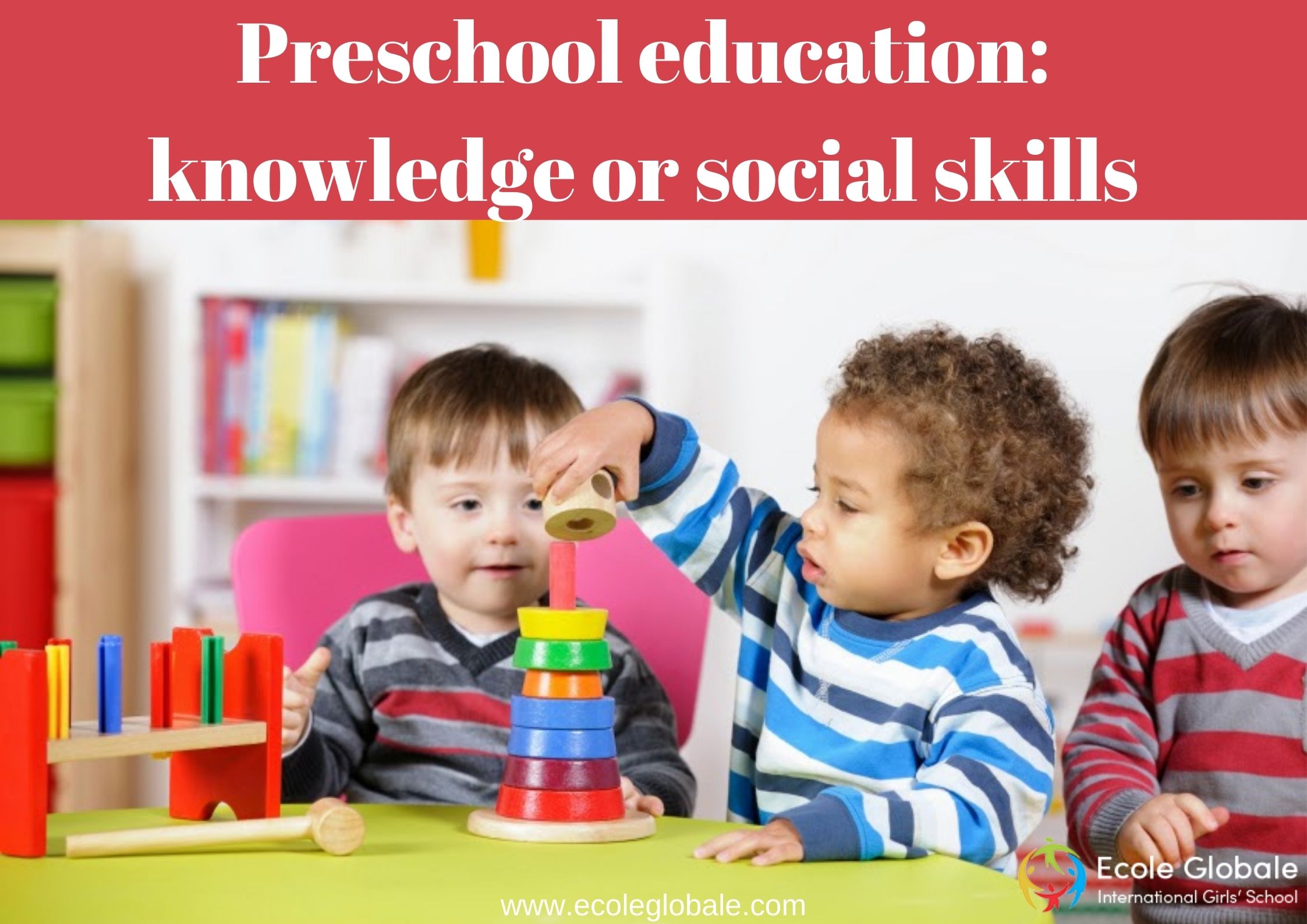Preschool is among the most crucial stages in a child’s development. It has the potential to impact their social development. Failure to pay attention to this crucial stage of life might result in major ramifications for a child’s growth and development. The purpose of this paper is to analyze the degree of social skills in preschool children from the viewpoint of instructors, as well as the link between social skills and the child’s environmental and cultural background. The majority of youngsters were found to have modest collaboration, assertiveness, self-control, and overall social skills. Total social skill scores were also shown to have a statistically significant relationship with the mother’s age, educational levels, employment, household income, teachers ’ teaching experiences, and the number of kids in each class.
Greater attention should be devoted to issues associated with family and socioeconomic position, such as income, parental education level, maternal age, educator choice for this age category, and the number of kids in each classroom, in order to develop children’s social skills. Healthy children are the foundation of any society’s long-term success. As a result, they want to focus on their fitness improvement approach and mental condition. Developing social abilities is an important element of psychological development. Social skills and knowledge are learned behaviors that support social policies and enable humans to travel in society in an appropriate manner. Social skills are defined as an aspect of social competence and a basic degree of the Popular of social behavior in every definition.
In a variety of life stages, social talents control mortals’ ability to expand social interactions. Social skill and knowledge capacities affect social models, develop and maintain current social interactions, and are linked to both long- and short-term outcomes. The age of the academic group can be a significant factor in the development of social skills in children. As a result, the development of social skills enables youngsters to create healthy connections with others, aids college preparedness and improves a variety of informal school placement as well as educational achievement. Lack of social skills in children leads to feelings of isolation, subsequent academic and behavioral issues, poor interactions with their parents, teachers, and peers, and school personality illness.
As a result, it is necessary to examine social inadequacies in order to design treatments aimed at improving their social abilities and quality of life, as well as introducing diversity to the environment from an early age. Cooperation, assertiveness, and mental toughness are all used to assess social qualities. Exploration is an important part of education, particularly for young children. Exploration may help children grow more self-assured, autonomous, creative, and cooperative at any age.
As your children get older, they will need to polish their social abilities. They aren’t a condition that your child has or doesn’t have. With work and practice, they are abilities that can be developed and strengthened.
Benefits
Social skills provide a wide range of advantages to children. They’ve been connected to improved academic performance and peer connections.
Kids who were good at sharing, listening, collaborating, and obeying the rules at the age of five were much more likely to attend college, according to researchers. They were also much more likely to be working full-time by the age of 25.
Better quality of life success: Good communication skills can also help children have a prosperous future. According to research, a kindergartener’s social and emotional abilities may be the most important predictor of future success.
Stronger friendships: Children with good social skills and the ability to get along with their classmates are more likely to establish friends. Childhood alliances, according to research published in the International Encyclopedia of the Social and Behavioral Sciences, are beneficial to children’s mental health.
Lacking the social skills necessary to engage with people is likely to add to the stress. Children, for example, are stressed when they are separated from their families. It only becomes worse because they’re unable to interact successfully with others.
The good news is that social skills are something that can be learned. It’s never too early to begin teaching children social skills. It’s also never too late to improve their abilities. Begin with the most fundamental social skills and gradually improve your child’s abilities.
Sharing
The idea of sharing a snack or a toy may go a long way toward assisting children in making and maintaining friendships. Kids as young as two years old may exhibit a willingness to share with others, as per a research published in Psychological Science, but only when given resources are plentiful.
Cooperating
Collaborating together to attain a common objective is what cooperating entails. While others make demands, cooperative children are courteous. They also contribute, engage, and assist in many ways.
In order to get along in society, good collaboration skills are required. On the playground, your kid will have to work together with his or her peers.









